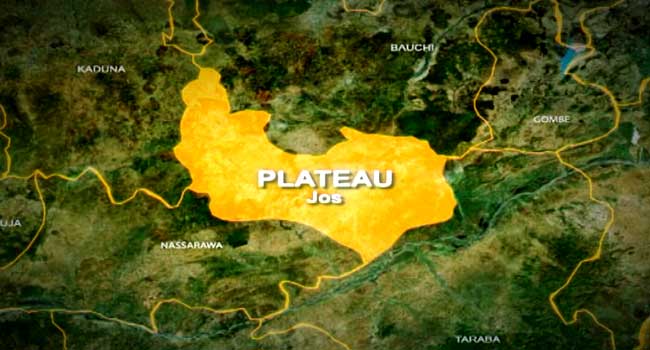The arrival of the first rainfall of the year in Jos, the capital of Plateau State, brought a collective sigh of relief to the city’s residents, who had been enduring weeks of intense heat. The much-anticipated downpour, albeit brief, marked a significant shift in the weather patterns, providing respite from the scorching temperatures and signaling the commencement of the planting season for eager farmers. This initial rainfall, while short-lived, instilled hope for a bountiful harvest and a more comfortable climate in the days to come.
The residents of Jos, accustomed to the region’s distinct dry and wet seasons, had been bracing themselves for the inevitable arrival of the rains. The prolonged period of intense heat, characterized by unrelenting sunshine and soaring temperatures, had made daily life challenging, impacting both physical comfort and agricultural activities. The first rainfall, though lasting only about 20 minutes, was met with widespread jubilation, as it promised an end to the oppressive heat and ushered in a period of renewed vitality for the land and its people.
Farmers, in particular, greeted the first rainfall with immense joy and anticipation. The dry spell had delayed planting activities, creating anxiety about the potential impact on crop yields and overall agricultural productivity. The arrival of the rains signaled the beginning of the planting season, allowing farmers to finally sow their seeds and nurture their crops. The promise of a bountiful harvest was palpable, with farmers expressing optimism about the prospects of abundant yields of maize, beans, potatoes, and other essential crops.
Beyond the agricultural implications, the first rainfall also brought a much-needed respite from the oppressive heat that had enveloped the city. Residents described the immediate cooling effect of the rain, which transformed the stifling atmosphere into a more comfortable and refreshing environment. The break from the intense heat provided a sense of relief and well-being, allowing residents to enjoy a more restful and comfortable sleep. The rainfall, although brief, served as a reminder of the life-giving power of nature and the cyclical patterns that govern the region’s climate.
The residents of Jos expressed their gratitude for the first rainfall, acknowledging its importance for both their livelihoods and their overall comfort. The rain, though short-lived, symbolized the beginning of a new season, one characterized by renewed agricultural activity, cooler temperatures, and a sense of hope for a prosperous future. The arrival of the rains marked a significant turning point in the annual cycle of weather patterns, bringing with it the promise of growth, abundance, and a revitalized landscape.
The first rainfall of the year in Jos served as a powerful reminder of the interconnectedness of nature and human life. The rain’s arrival not only brought physical relief from the oppressive heat but also instilled a sense of hope and optimism for the future, particularly among the farming community. The anticipation of a bountiful harvest and the promise of a more comfortable climate underscored the significance of this natural event in the lives of the city’s residents. The first rainfall, though brief, held the promise of a renewed cycle of life and growth, a testament to the enduring power of nature’s rhythms.














